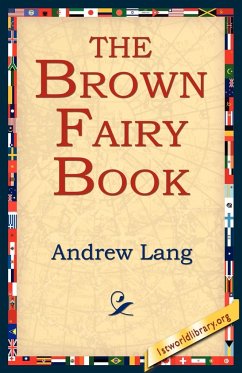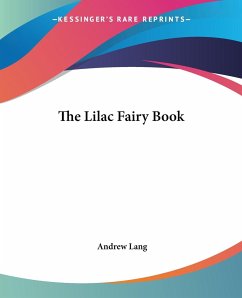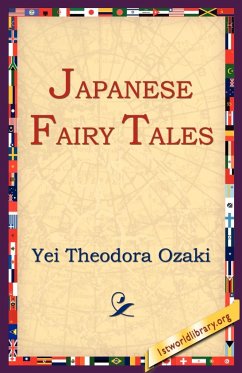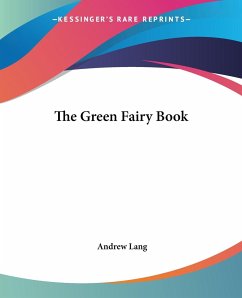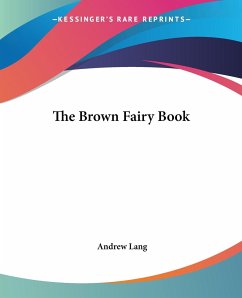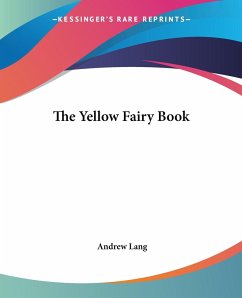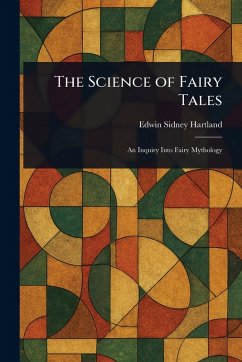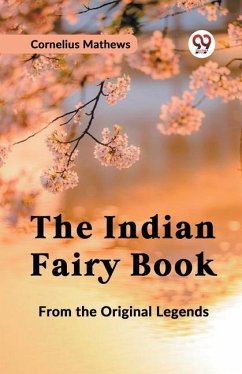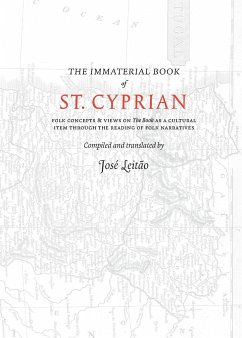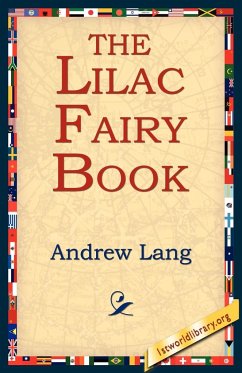
The Lilac Fairy Book
Versandkostenfrei!
Versandfertig in 1-2 Wochen
19,99 €
inkl. MwSt.

PAYBACK Punkte
10 °P sammeln!
Purchase one of 1st World Library's Classic Books and help support our free internet library of downloadable eBooks. Visit us online at www.1stWorldLibrary.ORG - - 'What cases are you engaged in at present?' 'Are you stopping many teeth just now?' 'What people have you converted lately?' Do ladies put these questions to the men - lawyers, dentists, clergymen, and so forth - who happen to sit next them at dinner parties? I do not know whether ladies thus indicate their interest in the occupations of their casual neighbours at the hospitable board. But if they do not know me, or do not know me w...
Purchase one of 1st World Library's Classic Books and help support our free internet library of downloadable eBooks. Visit us online at www.1stWorldLibrary.ORG - - 'What cases are you engaged in at present?' 'Are you stopping many teeth just now?' 'What people have you converted lately?' Do ladies put these questions to the men - lawyers, dentists, clergymen, and so forth - who happen to sit next them at dinner parties? I do not know whether ladies thus indicate their interest in the occupations of their casual neighbours at the hospitable board. But if they do not know me, or do not know me well, they generally ask 'Are you writing anything now?' (as if they should ask a painter 'Are you painting anything now?' or a lawyer 'Have you any cases at present?'). Sometimes they are more definite and inquire 'What are you writing now?' as if I must be writing something - which, indeed, is the case, though I dislike being reminded of it. It is an awkward question, because the fair being does not care a bawbee what I am writing; nor would she be much enlightened if I replied 'Madam, I am engaged on a treatise intended to prove that Normal is prior to Conceptional Totemism' - though that answer would be as true in fact as obscure in significance. The best plan seems to be to answer that I have entirely abandoned mere literature, and am contemplating a book on 'The Causes of Early Blight in the Potato,' a melancholy circumstance which threatens to deprive us of our chief esculent root.





